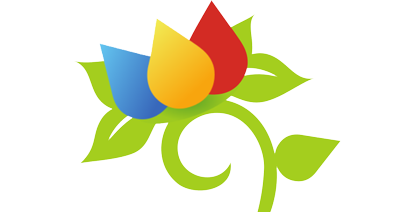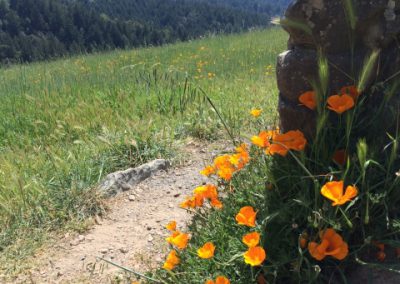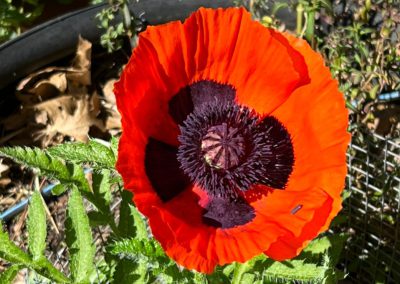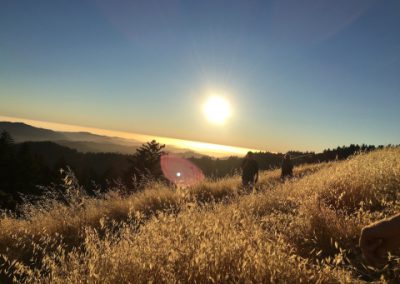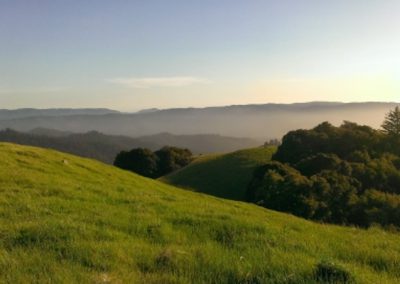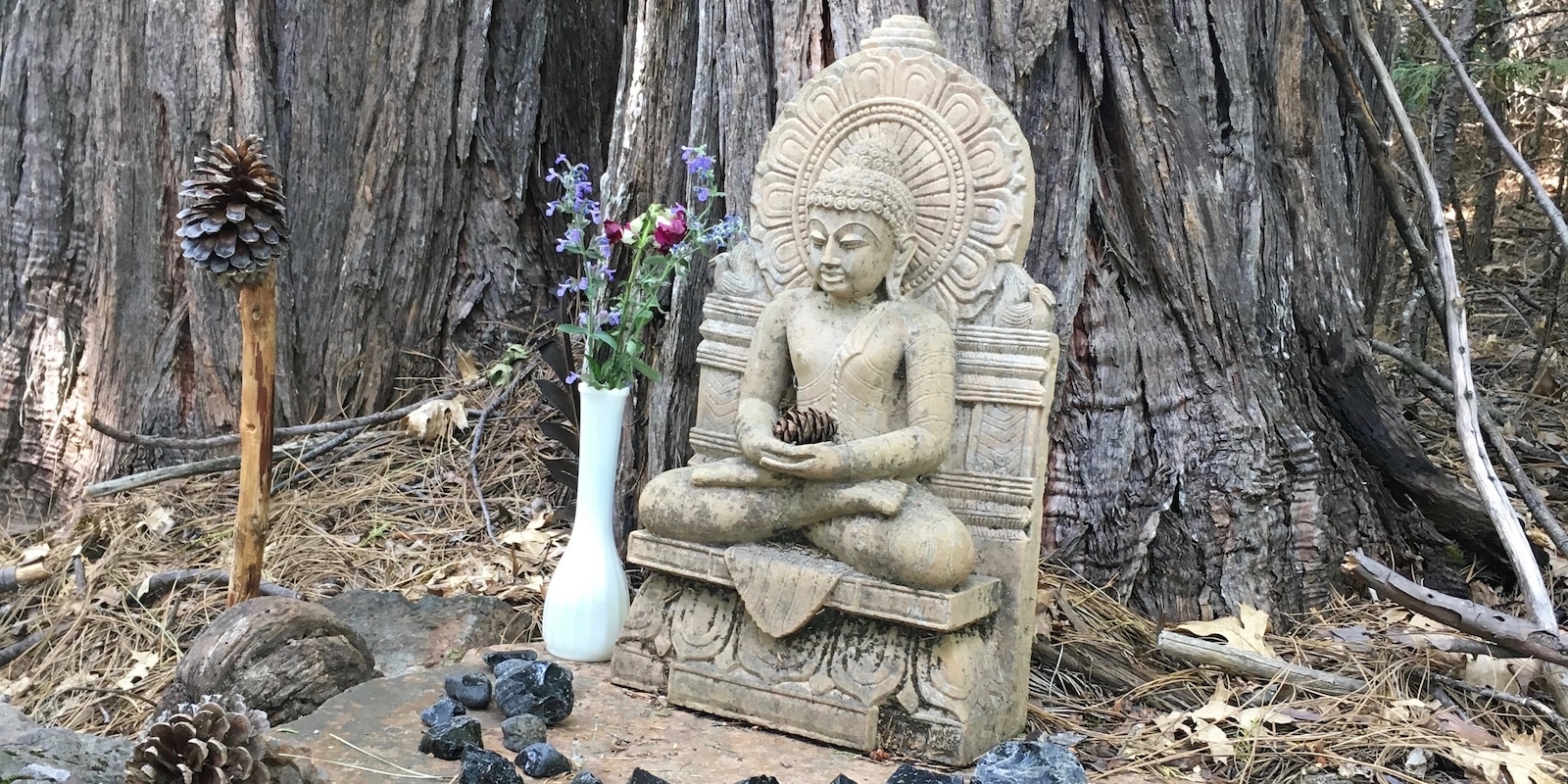
Retreats: General Information and Logistics
What is a Retreat?
For many hundreds of years there has been a strong tradition among Buddhists and other meditators of going on retreat in quiet, secluded places. During the three-month rainy season the Buddha recommended that his followers stay in one place and meditate more intensely. Today there is perhaps even greater value in stepping back from our busy and sometimes stressful lives and leading a simple, communal, focused life for a period of time.
Meditation is the central focus of most of our retreats, supported by good conditions – nature, good food, community and periods of silence. On weekend retreats we usually remain in silence at least overnight, or for the whole retreat after the first evening. There are always more extended periods of silence on longer retreats.
A sample retreat schedule would be something like this: Rise at 6:30 for meditation at 7am and another at 8am. Breakfast at 9am. Free time or work period. Instruction at 11. Lunch at 1. Free time or work period. Meditation or groups at 3:30. Dinner at 6. Meditation, usually some chanting or other variation at 7:30pm.
To prepare for a retreat it helps to learn our two foundational meditation practices (Mindfulness of Breathing and Metta Bhavana). For more information, see Introductory classes.
How Retreats are Organized
Space is limited on retreats and there is a lot of background work involved with arranging food, rides, etc. – which is why we require pre-registration 10 days to 2 weeks prior to the retreat start date.
You’ll receive an email with details about the retreat a couple of weeks before it starts. There’ll be a separate email with carpool/driving details.
Payment, Registration, and Donations
Like all SFBC events, retreats are offered on a sliding scale to make them accessible to as many people as possible. We ask that you pay the highest amount that you can afford. Your contributions help others come on retreat at a lower rate, cover some of our related program and administrative costs, and, depending on the event, pay for airfare and lodging for visiting teachers. Payment plans and reduced rates are available, but must be arranged before the registration deadline (email info@sfbuddhistcenter.org).
During the retreat you may make a donation toward supporting the retreat leaders, all of whom volunteer their time to teach. The tradition of making offerings to teachers is called dana, which means ‘giving’ in the Pali language.
If you are registering before the deadline, you can assume there is room at the retreat.
Venues
Most of our Meditation Retreats now take place at Dharmadhara in Lake County, our property about 3 hours drive from San Francisco.
- Jikoji retreat center in the Santa Cruz Mountains (1+ hour drive from San Francisco)
- Camp Double Bea in the Santa Cruz Mountains (about 2 hours drive from San Francisco)
Health and Safety
Please check all our requirements here.
Carpooling/Driving
We do our best to organize and arrange carpools for retreats. However, our transportation resources are limited. If you have access to a car and can drive others, please do. Riders are expected to offer to pay for gas costs. If you are carpooling, you will be notified a few days before the retreat who you’re going with.
Food and Work
All food is provided and is vegan, with some eggs and dairy on the side for those that need them. Since we cannot cater to each person’s individual food preferences, we ask you to eat the meals that are served. However, you may bring a limited amount of supplies to supplement our meals – a small amount of refrigerator space and a microwave are available. If you have medical dietary restrictions, please let us know at least 3 weeks before the start date of the retreat.
We usually provide a light dinner of soup and salad the first night – you’re welcome to bring snacks to add, or let us know if you plan to arrive after dinner.
Retreatants sign up for a small amount of cooking and/or cleaning each day which is an opportunity to practice mindfulness through work (a traditional Buddhist practice).
What to Bring
Most indoor areas on retreats are ‘no shoe’ zones. You’ll make life easier if you bring some shoes that are easy to take on and off.
- (Camp Double Bear only) If you can bring your own meditation cushions, please do and let the retreat organizer know
- If yoga is being offered on the retreat, a yoga mat
- Sleeping bag or bedding and a pillow
- Blanket for meditation hall.
- Flashlight
- Journal, pen
- Wristwatch and alarm clock
- Towel
- Toiletries
- Ear plugs (especially if you are a light sleeper)
- Comfortable layered clothing
- In summer, bring sunscreen if you need it, and bug repellent
- In seasons other than summer, bring warm socks, a hat, and slippers for inside when you’re not wearing shoes.
- Walking shoes
- (Camp Double Bear only) Swimsuit (optional) for hot tub
- Personal check or cash for retreat fee.
- Personal check or cash for donation to retreat leaders (all of whom are volunteers).
What Not to Bring
- Distracting things like work, computers, music, or cell phones
Note About Fees and Donations
Unless otherwise stated, all fees and donations go toward operating costs of the San Francisco Buddhist Center, a nonprofit organization. Teaching at this Center is done by volunteers.
For events with a sliding scale, please pay what you can afford within that range, or contact us in advance to arrange a further reduced rate.


